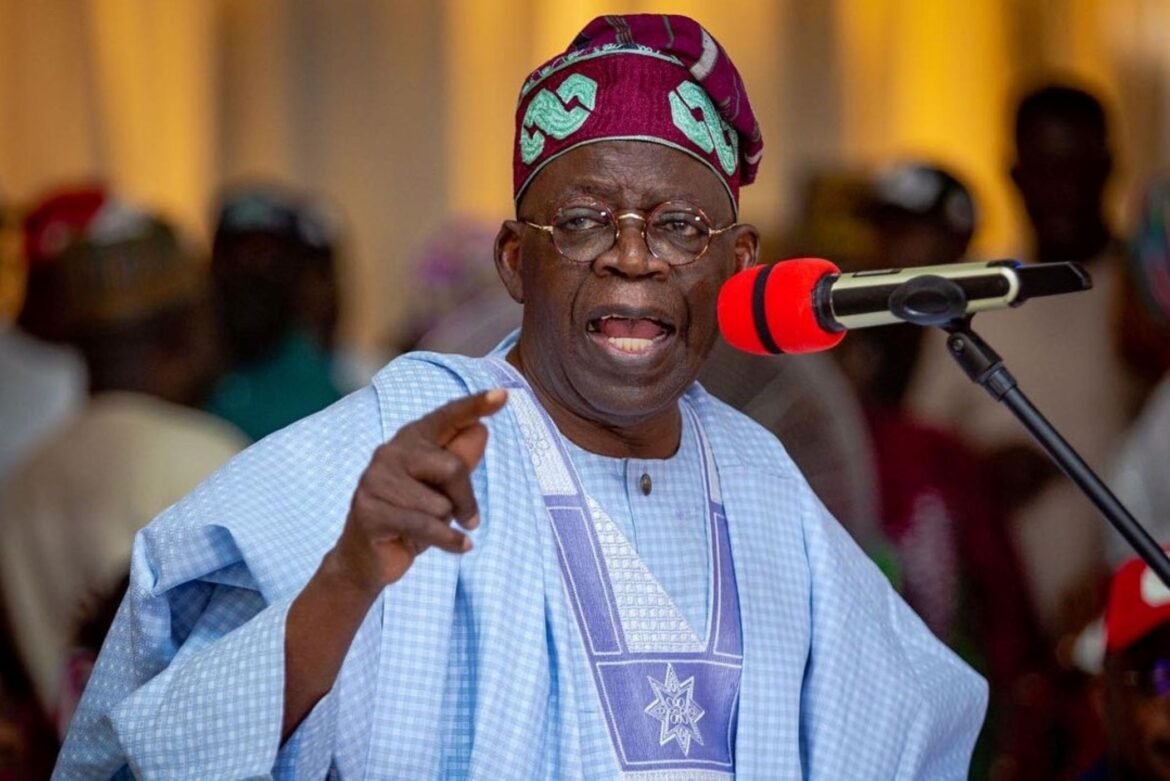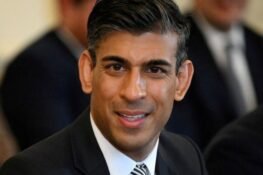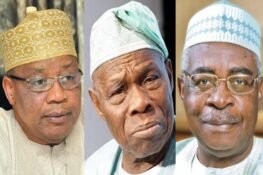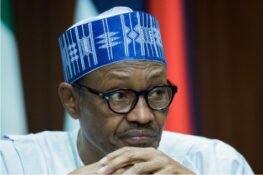A signature photo of former President Muhammadu Buhari depicts him on a couch, picking his teeth while Nigerian youths went on a rampage in the historic #EndSARS protests across the country.
It illustrated an evasive and irresponsive leader.
Not so for his successor, Bola Tinubu, who has been pandering to public opinion, making it a perfect time for Nigerians to make more noise for change.
It is just over a week ago when a video of President Bola Tinubu driving through Lagos Island with a bloated entourage hit the social media.
The President is known to travel in convoys sometimes exceeding 100 vehicles, and it came to a head this time.
Nigerians were annoyed at the open display of objectionable waste and lividly complained.
Before then, there was a mini scandal about the number of public officials who, on taxpayer’s back, attended the COP28 climate conference in the United Arab Emirates.
This week, the administration responded by slashing the travel expenditure of government officials by 60 percent to reduce the cost of governance.
It could be a drop in the ocean in Nigeria where the government is a saprophytic fungus on the people, but it speaks volume about the possibility of change when the people react.
Presidential spokesman, Ajuri Ngelale, disclosed that all state entourages are to be notably curtailed, including the offices of the president, vice president, and executive appointees. “Tinubu has directed that all state entourages be drastically reduced. This is not a request. It is a directive. The office of the president and staff will be affected. VP, appointees are affected.”
The President will now be accompanied by a maximum of 20 officials during international trips, while
ministers are to restrict their entourage to four on foreign journeys, and heads of government agencies must not embark on a trip with more than two assistants.
There are other signals that complaining can have an impact in the new era.
Whether real or fake, a semblance of seriousness can be seen.
But the fact is this: President Tinubu responds to public opinion far better than his predecessor, Buhari, who was demonstrably deaf to the voices of ordinary Nigerians
Within a few months, one minister in Tinubu’s executive has fallen under a cloud of corruption.
In December 2023, Dr. Betta Edu, the Nigerian Minister of Humanitarian Affairs and Poverty Alleviation, became embroiled in a major scandal involving the alleged misuse of public funds.
Leaked documents revealed that Edu authorized the transfer of 585.2 million Naira (approximately $640,000) from the ministry’s account to the private bank account of a civil servant.
Wide condemnation followed her use of a private account for government transactions, raising concerns about transparency and potential for misappropriation of funds.
Edu has denied any wrongdoing, claiming the transfer was legitimate and meant for the “implementation of grants to vulnerable groups.”
Her office explained that the recipient’s personal account was used temporarily due to technical issues with the official government disbursement system.
So far, reports indicate that the minister has been locked out of the President’s orbit and has become a guest of the corruption police, the EFCC.
In another event at the early days of this administration, President Tinubu planned to support the poorest Nigerians through a programme that includes a N500 billion palliative that comprises N8,000 payments to 12 million lower-paid Nigerians.
In a country where a loaf of bread cost more than N1,000, the plan was called ludicrous by the people.
In response, the government withdrew the programme and decided later to increase the stipend.
It is the revised programme that is now shrouded in controversy at the Ministry of Humanitarian Affairs and Poverty Alleviation, managed by Edu, the official now under investigation.
But the fact is this: President Tinubu responds to public opinion far better than his predecessor, Buhari, who was demonstrably deaf to the voices of ordinary Nigerians.
Under Buhari, actions of his government as well as his body language conveyed nonchalance about the issues that Nigerians most cared about.
Although President Buhari campaigned on a platform of tackling corruption, a major public concern, the public expressed disappointment with the perceived slow progress and lack of high-profile convictions.
Instead of railing corruption in, it was business as usual for politicians who surrounded him.
From insecurity to communal clashes arising from Fulani herdsmen, border closures to currency devaluation, excessive law enforcement to his own medical treatment abroad, Buhari could not have been deafer and dumber than the naked mole rat.
Things got so bad that the then First Lady, Mrs. Aishat Buhari, was forced out of the kitchen to request active Nigerian citizens to rescue her husband from unnamed power hijackers in Aso Rock.
The nonchalance of the former leader was astounding but Nigerians endured it instead of fighting it, after the #EndSARS movement was doused with soldiers and bullets.
With signals that Tinubu listens, he now has to be rewarded with more complaints, and, where necessary, protests because Nigeria is a train about to derail.
So far, reports indicate that the minister has been locked out of the President’s orbit and has become a guest of the corruption police, the EFCC
It might sound aggressive to complain more to someone who listens but Nigeria has a history of things turning from good, bad to worse.
There is absolutely little confidence that any administration knows what it is doing or that it will do right by the people.
Good governance has not been a strong part of our collective history as a people.
Nigeria has been misruled and Nigerians have been abused.
Our governments require being monitored and when necessary, pestered with complaints.
Even now, millions of Nigerians have a deep mistrust for the present administration.
Some have given up, with others are just hanging on by a string that Nigeria can get on a path to serious development.
Our politicians are dirty and rotten scoundrels with only a few exceptions.
They take what does not belong to them and flaunt their loot openly before the owners.
Public scrutiny encourages transparency in decision-making and resource allocation, preventing misuse of power.
Nigerians must hold officials accountable for promises made and results delivered.
The people must help themselves by assuming oversight responsibilities to enable valuable feedback on governmental policies, programs, and initiatives.
Our people will benefit from early detection of issues before they cause significant harm. Active citizenship allows for course correction and mitigating harmful consequences of bad leadership.
Doing something through active public participation in this administration will act as a deterrent against corruption, bribery, and self-serving actions by officials – issues that have piled misery upon ordinary Nigerians since independence.
If the government knows its actions are being watched, it would discourage unethical behaviour and promote responsible governance, some of which we have already seen.
This is not a time to take our legs off the pedal. It is, instead, a time to apply more speed and intensity.
There is a lot needing to be changed before Nigeria can begin to show a potential for greatness.
Politicians are far too tempted and greedy to do it without the partnership and support of the voters.
Ordinary Nigerians must have a sense of ownership and responsibility towards their government and society, and put the Tinubu administration under constant watch.
It will strengthen democracy and deliver the benefits thereof.
Nigerians must make more noise about the things they do not like.
It is the right time.








